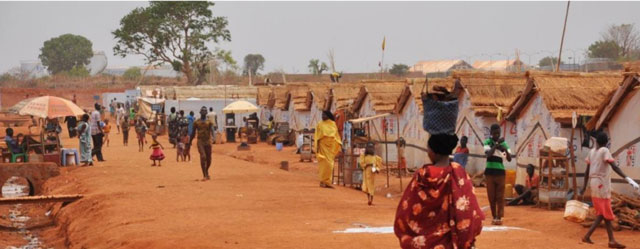
Geneva, Switzerland | THE INDEPENDENT | The EU-funded “Lives in Dignity” Grant Facility has awarded a €1.8 million grant to the project, COMPASS: Cross-border Opportunities for Migration, Peace, And Self-Sustenance in South Sudan and Uganda.
Uganda hosts a large number of those displaced from South Sudan – up to 41% of the 2.3 million people displaced by the country’s long-running civil war. Most South Sudanese in Northern Uganda return to Eastern Equatoria, a state in South Sudan that has pockets of hope that are relatively conflict-free.
This project aims to support over 70,000 displacement-affected people in the region by enhancing the capacity of the affected population and local authorities to assess their needs, identify root causes and devise sustainable responses for peace and development.
In Uganda, this project will equip displacement-affected communities with diverse livelihood and protection skills and networks for a more sound, safe and sustainable voluntary return and reintegration in South Sudan. In South Sudan, the project develops and integrates returnee and host community resources to create sustainable livelihoods, peace and improved service delivery.
The design of COMPASS brings people together across borders and sectors to jointly assess market opportunities and design appropriate, innovative responses. Skills building and sharing learning and advocacy inputs are key components of the project.
COMPASS will be implemented by the Lutheran World Federation and Community Development Support Services. The Lutheran World Federation has a long history of working in the Great Lakes Region and in the Horn of Africa, while the South Sudan-based Community Development Support Services has close knowledge of Eastern Equatoria. The COMPASS project adopts a community-led approach, and will produce collaborative learning.
The European Union founded the Lives in Dignity (LiD) Grant Facility in 2020 to promote development-oriented approaches and solutions to new, recurrent and protracted displacement crises. The facility funds innovative projects that support the resilience of communities and empower their members through livelihoods and basic services, making a concrete difference in the lives of displaced people.
*****
SOURCE: UNOPS
 The Independent Uganda: You get the Truth we Pay the Price
The Independent Uganda: You get the Truth we Pay the Price





